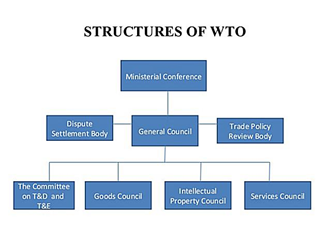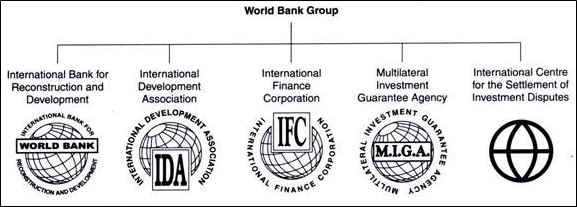-
Perfect Competition
-
- There are infinite buyers and sellers in a perfect competition.
- All the sellers sell identical products.
- There is a complete freedom for firms to enter or exit the market.
It is only a theoretical concept
-
Monopolistic Competition
-
- There are large number of buyers and sellers (but not infinite).
- All the sellers in monopolistic competition have similar but not identical products.
- There is visible cost which is often incurred on advertisement and promotions.
- There is an easy entry and exit of firms.
- Eg – Many firms selling burgers where all the burgers are made in a similar manner.
-
Oligopoly
-
- It is a market scenario when a few companies exercise significant control over a given market.
- It means that the number of sellers is generally in the range of 3 to 5 firms only.
- It is a market condition in which price and quantity are closely monitored by competitors.
- There is an invisible entry barrier for newer firms entering the market by way of mergers and acquisitions.
- Formation of cartel (to determine price and quantity of products)
- Eg- Telecom companies in India
-
Monopoly
-
- There is only one seller in the market.
- There is a complete barrier on entry for other firms.
- The price of the goods or services (offered by the seller) is decided by the seller (as there are no substitutes for the products).
- Eg – The Indian Railways
-
Monopsony
-
- There is a single buyer and there are many sellers.
- In this case, buyer is the price maker.
Eg – Railway equipment, which is sold by various domestic and Indian firms, but the buyer is only the Indian Railways.
Spread the Word






